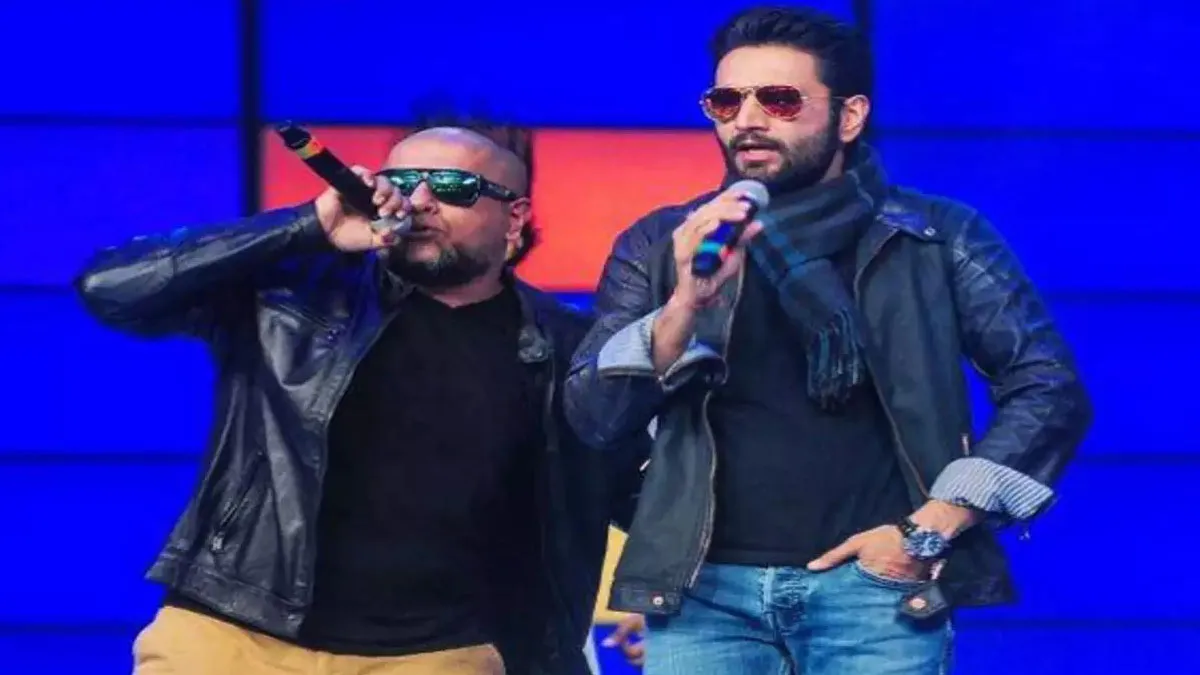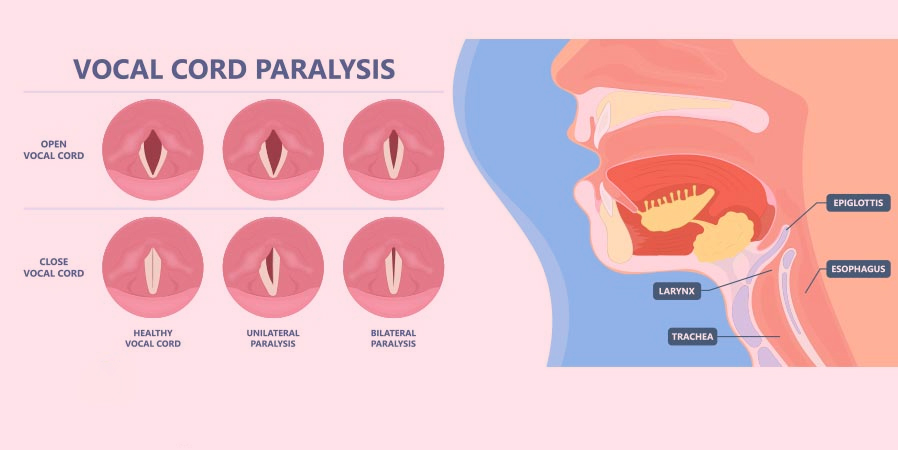
Shekhar Ravjiani, the celebrated singer and composer from the musical duo Vishal-Shekhar, recently shared an emotional chapter of his life that had remained private for two years. The artist revealed he was diagnosed with left vocal cord paresis, a condition that temporarily robbed him of his voice—a tool vital to his career and identity.
Table of Content:-
A Life-Altering Diagnosis
The diagnosis came as a devastating blow to Ravjiani. Known for his soulful voice in Bollywood hits like Ishq Wala Love and Tujhe Bhula Diya, the singer admitted he was overwhelmed with despair when he learned about his condition. “I lost my voice completely two years ago,” he wrote on Instagram, adding that his diagnosis was confirmed by Dr. Nupur Nerurkar. The news left him grappling with self-doubt and fear, as he worried he might never sing again.
Amid his struggle, Ravjiani was also deeply concerned about his family, who shared his distress. Their worry only intensified his emotional turmoil, prompting him to turn to prayer for solace and strength.
View this post on Instagram
The Journey to Recovery
Despite his fears, Ravjiani remained professionally active. During a trip to San Diego, he met Dr. Erin Walsh, a specialist in voice disorders. He recounted breaking down in her office, expressing his desperation to regain his voice. Dr. Walsh reassured him, urging him not to blame himself and inspiring hope that recovery was possible.
Though initial attempts to sing brought frustration—his voice sounded hoarse and unrecognizable—Ravjiani persisted. Under Dr. Walsh’s guidance, he underwent rigorous treatment, including vocal therapy. Remarkably, within weeks, his vocal cord function improved significantly. Today, the singer reports being in excellent vocal health, even stating that his voice is better than ever.
Also Read: Shubman Gill Out Of Perth Test Due To Thumb Fracture: Key Facts About Recovery And Care
What Is Vocal Cord Paresis?
Vocal cord paresis, or partial paralysis, occurs when one or both vocal cords are weakened or unable to move properly. The condition can result from nerve damage caused by trauma, infections, or neurological disorders.
The vocal cords, located in the larynx, are crucial for producing sound, breathing, and swallowing. When they fail to close properly, patients may struggle with speaking and may experience hoarseness, swallowing difficulties, or even recurrent respiratory infections due to food or liquids entering the windpipe.

Causes and Symptoms
Several factors can lead to vocal cord paresis. These include:
- Trauma: Injuries to the neck or head, as well as complications from surgeries involving the thyroid or chest.
- Infections: Conditions like tuberculosis or viral infections can damage the nerves controlling the vocal cords.
- Neurological Disorders: Strokes and degenerative diseases may also contribute to vocal cord dysfunction.
Also Read: Narayana Murthy Critiques 5-Day Workweek: What It Means for Productivity and Mental Health
Symptoms often vary in severity but commonly include:
- Hoarseness or breathy voice
- Difficulty projecting or raising the pitch of the voice
- Swallowing problems, leading to choking or coughing
- Shortness of breath in severe cases
Treatment Options
Treatment for vocal cord paresis typically begins with addressing the underlying cause. In many cases, speech therapy plays a vital role in strengthening the vocal cords and improving function. Exercises guided by a speech therapist can help patients regain their voice and improve swallowing.
For patients who do not respond to therapy, surgical interventions such as thyroplasty may be considered. These procedures aim to adjust the vocal cords’ positioning to restore better closure and function.
Bottomline
For singers like Ravjiani, vocal cord paresis isn’t just a medical challenge; it’s an emotional one. Losing the ability to express oneself through song can feel like losing a part of one’s identity. Ravjiani’s story is a testament to resilience and the importance of seeking the right medical care. His journey also highlights the transformative power of determination, faith, and expert guidance.
Today, Shekhar Ravjiani’s voice resonates as powerfully as ever, a symbol of his unwavering resolve. His experience serves as an inspiration for others facing similar battles, proving that recovery is possible with patience, perseverance, and support.
Also watch this video
How we keep this article up to date:
We work with experts and keep a close eye on the latest in health and wellness. Whenever there is a new research or helpful information, we update our articles with accurate and useful advice.
Current Version
